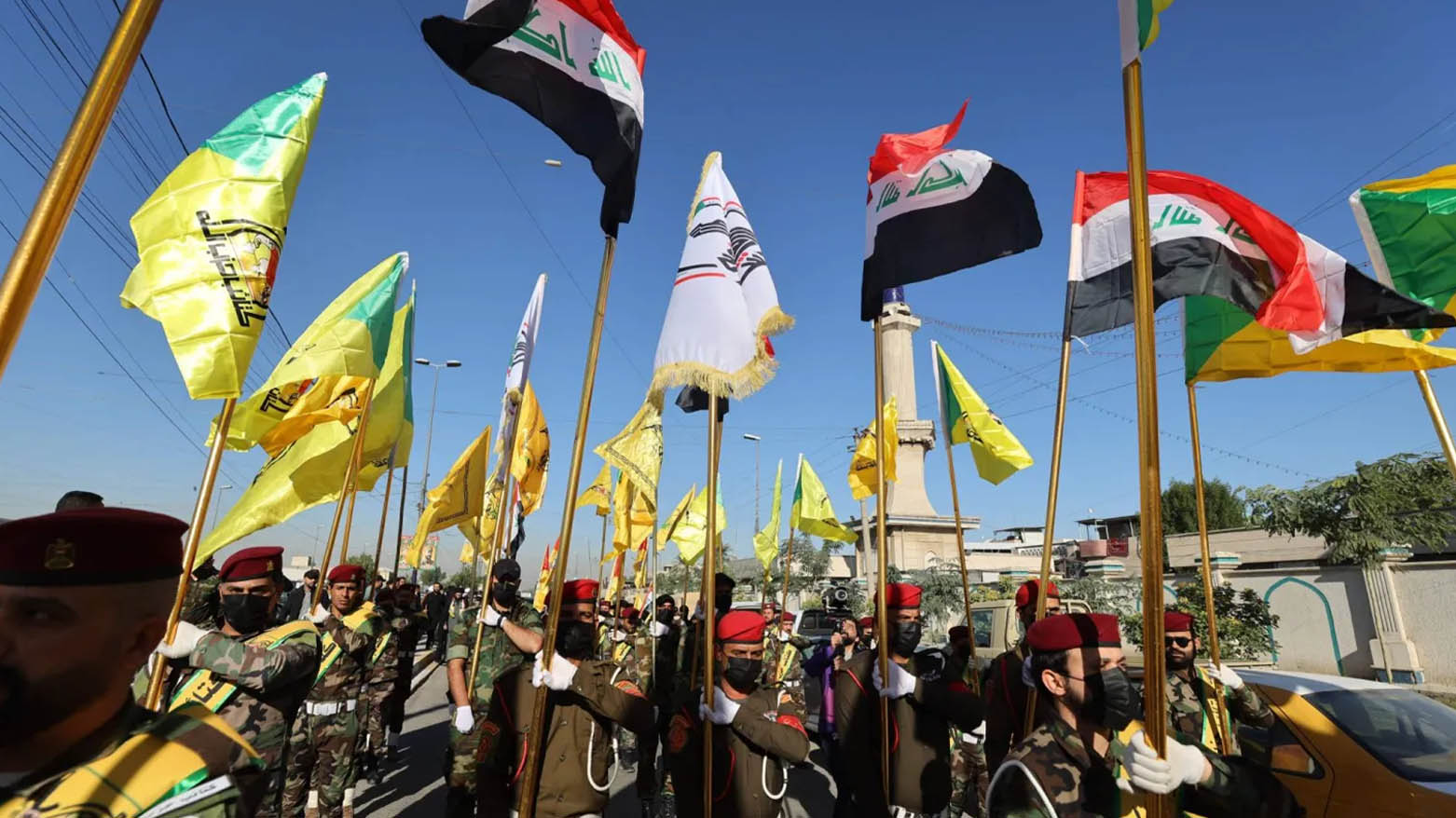PMF-Affiliated Blocs Secure 47 Seats in Iraqi Elections as Political Uncertainty Deepens
Their combined gains highlight the shifting dynamics within Iraq's political arena, but also raise critical questions about their role in the next government.

ERBIL (Kurdistan24) – Preliminary results from Iraq’s sixth parliamentary elections have produced a complex and uncertain political landscape, as several armed groups affiliated with the Popular Mobilization Forces (PMF) collectively secured 47 seats in the incoming legislature.
According to the initial tally released Wednesday by the Iraqi Independent High Electoral Commission (IHEC), five political blocs linked to US-designated militant groups won parliamentary representation. These include:
- Al-Sadiqoun Bloc of Asa'ib Ahl al-Haq, led by Qais al-Khazali
- Hoquq Bloc of Kata'ib Hizballah, led by Ahmad Hamidawi
- Montasirun Movement of Kataib Sayyid al-Shuhada, led by Abu Ala al-Walai
- Khadamat Movement of Kata’ib al-Imam Ali, led by Shibl Muhsin Ubayd al-Zaydi
- Kataeb Babylon, led by Rayan al-Kildani
Their combined gains highlight the shifting dynamics within Iraq's political arena, but also raise critical questions about their role in the next government.
Earlier, Foreign Minister Fuad Hussein said in a televised interview that groups designated as terrorist organizations by the United States “will not participate in the next government.” The announcement now places Iraq at a crossroads: balancing the political influence of groups that command a share of the electorate while navigating international concerns and avoiding diplomatic fallout.
The dilemma has deepened following Washington’s decision on September 17 to designate Harakat al-Nujaba, Kataib Sayyid al-Shuhada, Harakat Ansar Allah al-Awfiya, and Kata’ib al-Imam Ali as foreign terrorist organizations.
Iraq held special voting on Sunday and general voting on Tuesday across all provinces and in the Kurdistan Region. IHEC reported a 56.11% turnout for both rounds combined, reflecting significant public engagement despite lingering security and political tensions.
As coalition talks begin, the presence of these factions—popular among segments of Iraqi voters but controversial abroad—has plunged the government's formation into renewed uncertainty. Political leaders now face one of the most delicate post-election challenges in years, with implications for Iraq’s stability, governance, and foreign relations.